Late musician Hoang Van
REPORTER: Musician Hoang Van’s music collection is a valuable treasure, reflecting a turbulent period in Vietnamese music history. Could you share about the process of collecting and preserving these documents?
* Dr. LE Y LINH : Since around 2000, when we realized the risk of losing our father's precious musical heritage, my family started collecting. We opened each carton, turned each page of the double or triple-folded paper lost in the books; called, wrote messages, wrote letters to agencies and fans; asked for everything from his autobiography to interviews from reporters, recorded stories and memories of relatives, friends, colleagues, journalists, and friends of the musician; collected articles, printed books, tapes, discs, soft files at libraries, archives, recordings, and videotapes of conversations and interviews. Finding new documents was only a part, conductor Le Phi Phi, my younger brother, contributed greatly to editing, comparing manuscripts, digitizing and restoring works, even restoring lost works by re-recording from old recordings.
We are extremely grateful to my father's friends and music lovers who have donated valuable documents, music, manuscripts, books... that have been kept for more than half a century, and sent us audio files that we thought would never be found again... They have helped the collection become a valuable asset today. And, we continue to search and restore to promote the values of the collection in the future.
Musician Hoang Van's real name is Le Van Ngo, born on July 24, 1930, passed away on February 4, 2018. He had a rich composing career with many genres, notably the songs: Construction song, Firecracker song, That soldier, My hometown Quang Binh , I am a miner, Beat the drum for the mountains and forests, Sing about rice plants today... In addition, he also had 4 symphonies, of which the song Thanh dong To quoc (1960) is one of the first poetic symphonies in Vietnam.
Of the more than 700 works, which is the most important part?
* There are many valuable documents, but the most prominent ones include: the handwritten manuscript of Remembrance (a chapter of the choral suite Our Fatherland) written in the early 1960s, along with the restored score from the 1976 recording, which is still widely used today; the Ho Keo Phao music collection that won first prize at the first National Cultural Congress in 1955, a work that marked the period of composition before musician Hoang Van went to study abroad; the first recording (1959-1960) and the manuscript of the symphonic poem Thanh Dong To Quoc, along with the 1961 Première program; the score of the ballet Chi Su, which won the Ho Chi Minh Prize, one of the first ballets in Vietnam... In addition, there are about 100 unpublished love songs, articles on musical activities, composition notebooks and manuscripts.
What difficulties did the family encounter during the nomination process, especially in meeting UNESCO's criteria?
* UNESCO has many criteria for considering works to be listed as World Documentary Heritage. Basically, my father's collection of compositions meets almost all of those criteria. The big challenge is proving the influence of the works on the international scene. The time my father composed and popularized the works was mainly during the war period, along with the complex geopolitical situation of that period, which made it difficult for my father's compositions to create much resonance in the international arena. That is also a common obstacle for artists, especially in the field of music. By meeting this criterion, we hope that the compositions of other artists of the same period will soon be honored in the world.
In the future, what plans and messages does the family have to spread the value of this heritage to the community?
* We wish to spread the value of Hoang Van's musical heritage to everyone, especially the younger generation, and at the same time call for the preservation of musical documents of contemporary musicians. The family will continue to complete the archives of musician Hoang Van at the National Archives Center III and coordinate activities such as publishing, displaying physical exhibitions, virtual exhibitions online and mobile exhibitions to introduce the heritage to the public at home and abroad. The goal is to raise public awareness of the importance of document preservation, while preserving and promoting the value of the heritage.
Dr. VU THI MINH HUONG, Expert of UNESCO International Advisory Committee:
The musician's collection becoming a World Documentary Heritage will be a wake-up call for other artists' families to preserve and promote the value of works, masterpieces and personal documents of artists, artisans... to serve research, teaching, for future generations and contribute to promoting Vietnamese culture to friends around the world.
Musician, Associate Professor, Dr. DO HONG QUAN, President of the Vietnam Union of Literature and Arts Associations:
The generation of musician Hoang Van has made many contributions to the country. That is a shining example for me and future generations to learn and follow. Today, his compositions are honored by UNESCO through a new form of popularization, continuing to glorify Vietnamese music.
Performed by MAI AN
Source: https://www.sggp.org.vn/unesco-ghi-danh-bo-suu-tap-cua-nhac-si-hoang-van-am-nhac-viet-nam-buoc-vao-di-san-nhan-loai-post808773.html


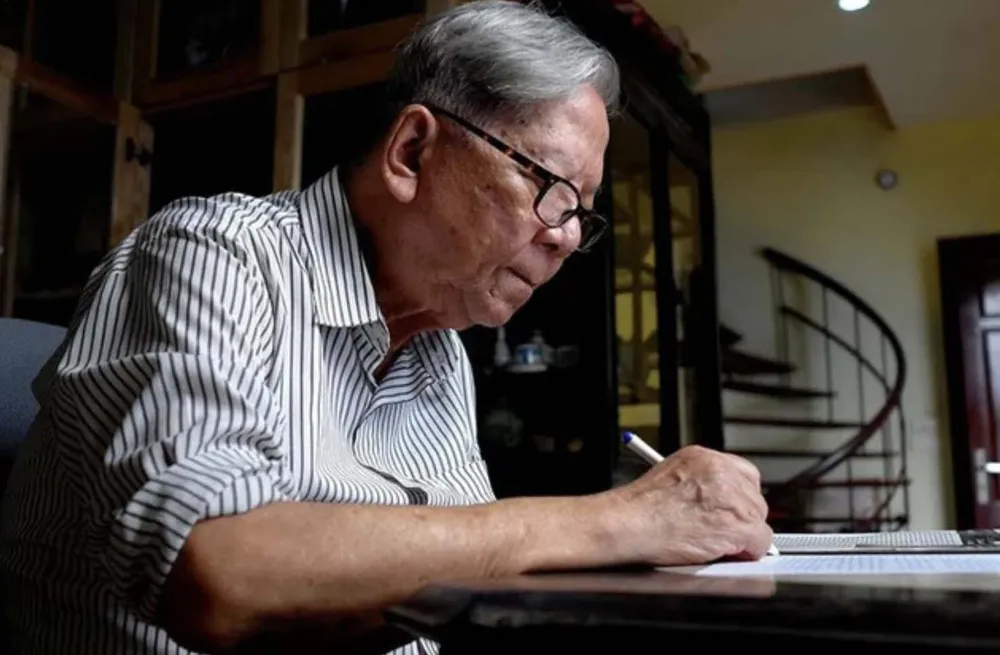






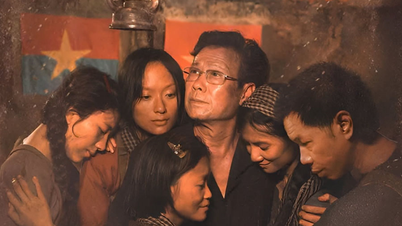

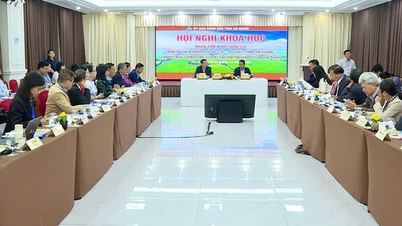

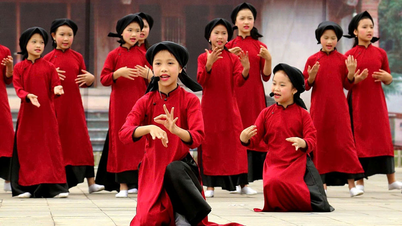
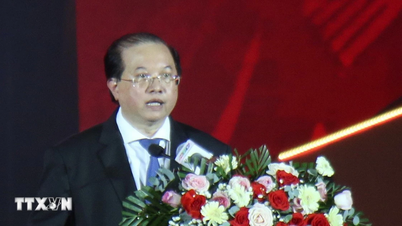

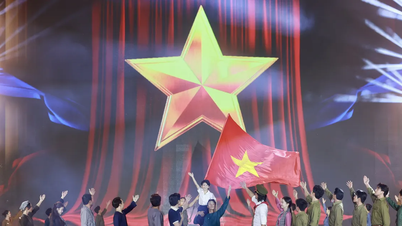
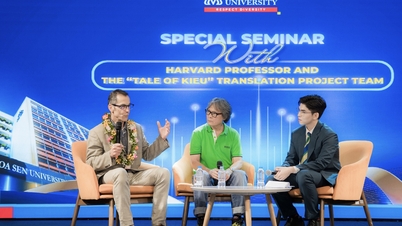









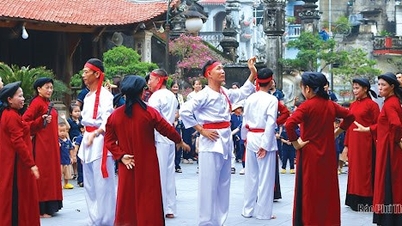





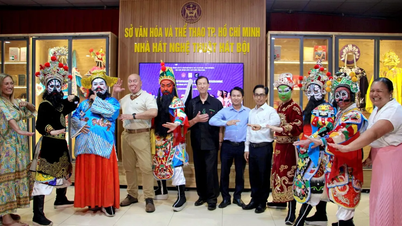

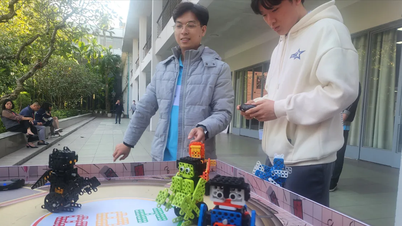
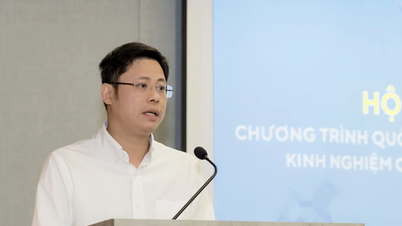
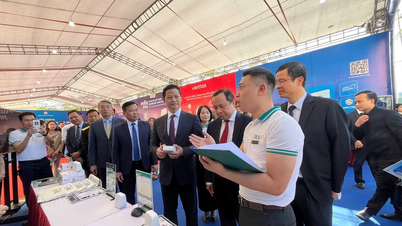

















































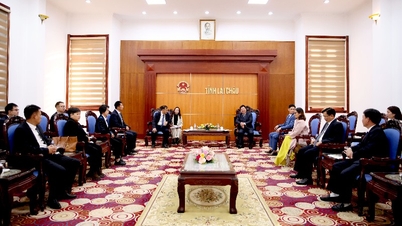

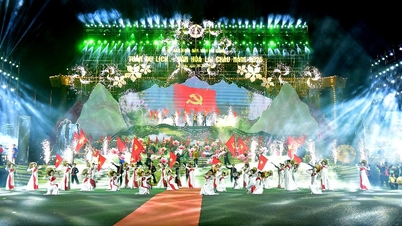














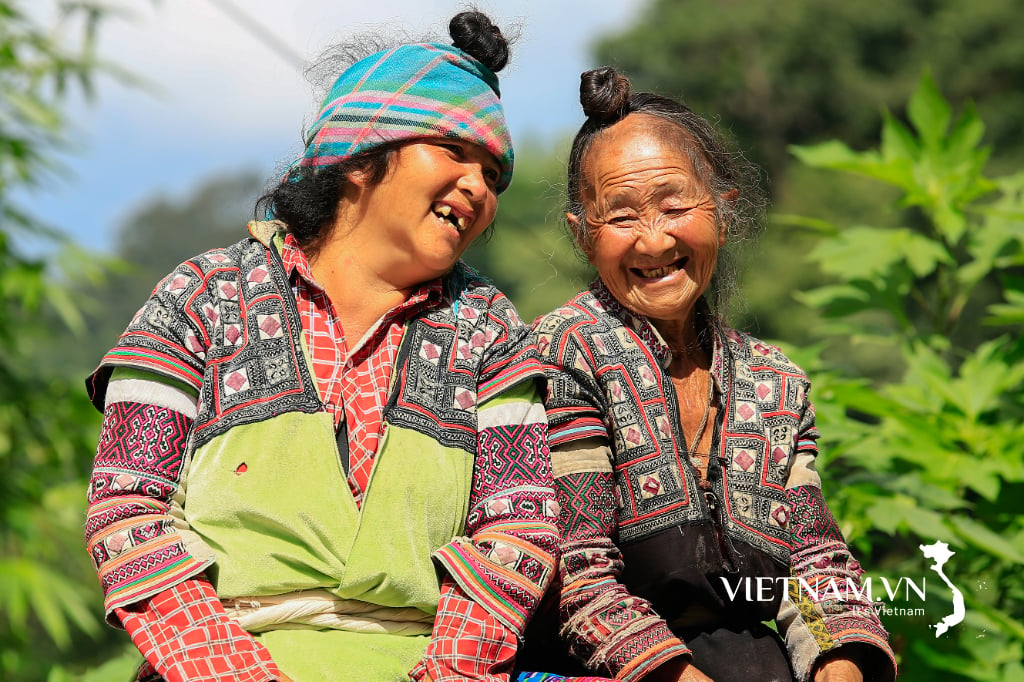
Comment (0)